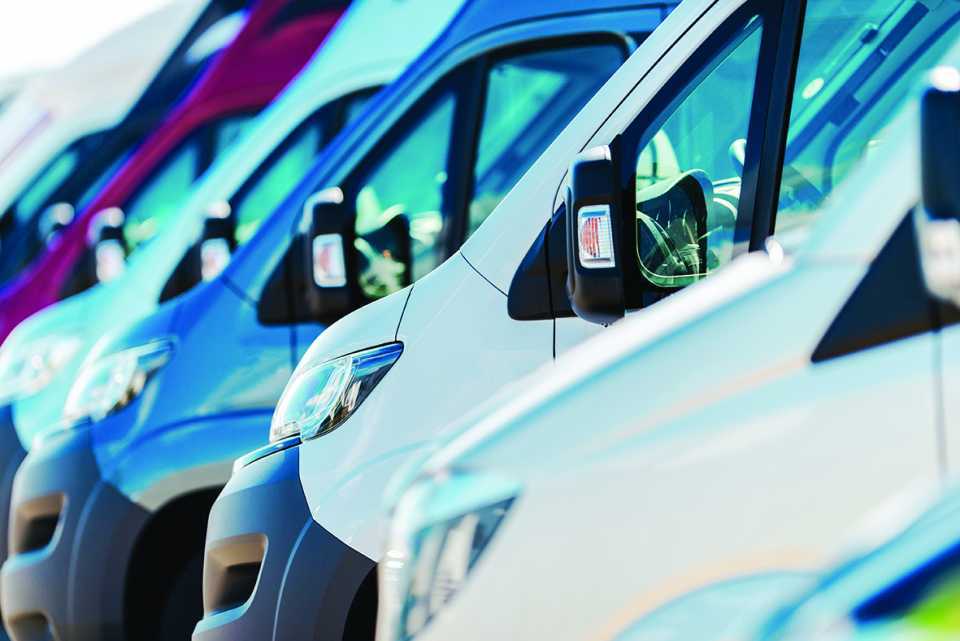Denise Beedell, Logistics UK’s Policy Manager for Vans and Urban, examines ending the sale of new petrol diesels cars and vans from 2030, and outlines Logistics UK’s asks of government, manufacturers and local councils
The date for the curtailment of sales of new petrol and diesel cars and vans has been brought forward to 2030 as a result of the recent government “10 Point Plan for a Green Industrial Revolution.” Also as part of the plan, the sales of new hybrid vehicles – those able to drive a significant distance with no carbon from the tailpipe – are set to end from 2035. In this article, Denise Beedell, Policy Manager for Vans and Urban at Logistics UK, examines these changes and outlines Logistics UK’s asks of government, manufacturers and local councils.
To start with, it is important to note that these updated rules will not affect the sale of second-hand vehicles and that there is currently no proposed date for an outright ban on petrol and diesel vehicles. However, while industry fully supports the need for environmental action, these new dates will be challenging for vehicle operators who have already faced significant costs to their businesses as a result of the disruption caused by the pandemic and subsequent economic downturn.
Electrification is widely accepted as the most appropriate solution to enable vans to progress from the use of fossil fuels. Logistics UK’s 2019 EV Report identified significant barriers that are affecting a greater uptake of electric vehicles (EVs) such as recharging infrastructure, grid capacity, vehicle availability, cost, mileage range and the limited model types of heavier vans. Logistics UK is committed to supporting government policies that encourage the uptake of electric vehicles and is therefore calling on government for more intervention to support our sector. This could include addressing barriers to market entry with improved charging infrastructure and electricity supply to commercial vehicle depots.
We will also be calling on commercial vehicle suppliers to ensure sufficient vehicles and model ranges are brought to the UK market in plenty of time ahead of the deadlines, to enable realistic business planning for vehicle upgrades by operators, initially by van operators and then more widely by all vehicle operators.
The plan also references the phase-out of new diesel HGVs, with a consultation on this expected in Spring 2021. There is currently significant uncertainty over which fuels will be the most appropriate to deliver net-zero HGVs, with differing views around hydrogen, green gas (eg biomethane) and electrification. Logistics UK welcomes the announcement of a £20 million fund for freight trials to pioneer hydrogen and other zero emission lorries to support industry to develop cost-effective, zero emission HGVs in the UK. And, as there are currently only three large vans and trucks that qualify for DfT grant funding – compared to 18 vans – Logistics UK would like to see closer government and industry engagement to decide how to increase the number of HGVs that qualify for government low emission vehicle grants.
Overall, Logistics UK is encouraged by the plan and asks that government works with industry to develop a long-term policy framework to support alternative fuels that are environmentally beneficial but also fit for purpose in the road sector. We will also work with local councils and city regions to encourage greater use of incentives such as congestion charge discounts and the ability for low-emission freight to use bus priority lanes. Logistics UK, its members and the wider logistics industry are all committed to the success of the plan and look forward to working together to adapt and meet crucial environmental targets.
About Logistics UK
Logistics UK (formerly FTA) is one of the UK’s leading business groups, representing logistics businesses which are vital to keeping the UK trading, and more than seven million people directly employed in the making, selling and moving of goods. With COVID-19, Brexit, new technology and other disruptive forces driving change in the way goods move across borders and through the supply chain, logistics has never been more important to UK plc. Logistics UK supports, shapes and stands up for safe and efficient logistics, and is the only business group which represents the whole industry, with members from the road, rail, sea and air industries, as well as the buyers of freight services such as retailers and manufacturers whose businesses depend on the efficient movement of goods. For more information about the organisation and its work, including its ground-breaking research into the impacts of COVID-19 on the whole supply chain, please visit logistics.org.uk
Source: https://greenfleet.net
CUT COTS OF THE FLEET WITH OUR AUDIT PROGRAM
The audit is a key tool to know the overall status and provide the analysis, the assessment, the advice, the suggestions and the actions to take in order to cut costs and increase the efficiency and efficacy of the fleet. We propose the following fleet management audit.




